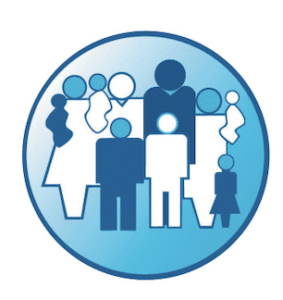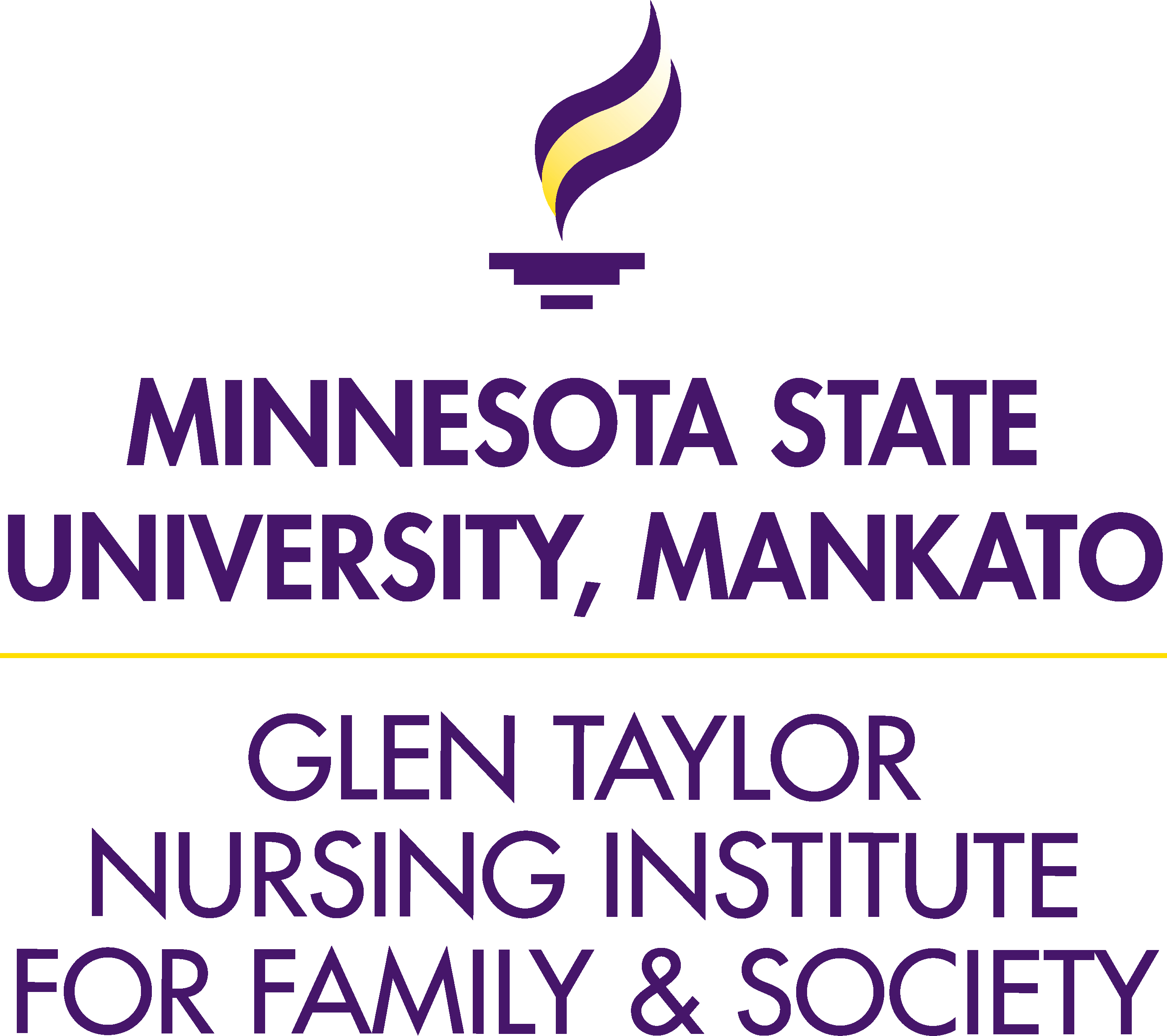Dear IFNA colleagues around the world:
These COVID-19 (novel coronavirus) times are unprecedented and uncertain for nurses and midwives (hereafter referred to as nurses) caring for families in uncharted territory. The 2020 Year of the Nurse and Midwife initiative has taken on new meaning as nurses are on the frontlines ensuring access to safe and quality care. We receive messages each day from IFNA members telling stories of unfailing compassion with patients suffering from COVID-19 and its complications. In the context of COVID-19, nurses in hospitals are seeing the suffering that patients and clients (hereafter referred to as patients) experience without their families present due to restricted visiting. In addition, nurses in the community and other care facilities are seeing family members being separated because of local Quarantine and Self-isolation regulations that are designed to reduce the risk of cross-infection.
Family Experiences
IFNA members tell us that:
- Patients are missing their families
- Families are missing their loved ones
We know from past experiences with the Severe Acute Respiratory Syndrome (SARS) epidemic in 2003, the 2014 – 2016 Ebola outbreak in West Africa, and as far back as the polio epidemic in the 1940s and 1950s, that families dealing with quarantine and separation experience:
- Uncertainty
- Stigmatization
- Anxiety
- Insomnia
- Fear, loneliness, boredom, anger
- Worry about the effects of quarantine and contagion
- Separation
- Loss of livelihood
- Sadness about the inability to fulfil their moral duty to provide family care
Research shows that nurses can and do help families who are isolated or separated in these troubling times by:
- Sharing consistent messages of ways to protect each other (see Resources listed below).
- Facilitating visual/audio social media connections between patients and loved ones
- Focusing on the mental health of all family members
- Addressing illness suffering through family nursing interventions
- Creating new routines incorporating virtual living
- Virtual faith service/worship attendance
- Daily school and work routines
- Taking mental breaks from COVID-19 news
- Seeking out virtual sources for counselling, support groups
- Taking virtual nature tours
- Physical exercise while social distancing (walks, etc.)
- Supporting family members to continue their education and work
- Creating virtual family celebrations and rituals
Family Nurse Experiences
Very importantly, nurses caring for families are often experiencing incredible pressures, stress, and anxiety. Thank you, thank you, thank you for your devotion and dedication despite the current very difficult conditions for our profession. If you are in practice, thank you for your compassionate and scientifically-informed care. If you are in education, thank you for nurturing students through learning about how to support families in these challenging times. If you are in research, thank you for your commitment to discovering how we can provide better family care in pandemics now and in the future.
We know from the research about quarantines, epidemics, and situations that limit family visiting in health care settings, nurses experience:
- Fear of transmission of the virus to their own family, friends, and colleagues
- Fear of personal infection due to lack of protective measures and equipment
- Uncertainty about the future
- Stigmatization
- Suffering
Read about the experience of one nurse here.
We encourage you, our family nursing colleagues on the COVID-19 frontlines, to:
- Care for your mental health
- Record and journal your experience
We commend you for:
- Your compassion
- Your dedication
- Your advocacy
- Your brilliance
- Your kindness
- Your efforts to keep patients and families connected during these times of separation and loneliness
A nurse in New York, USA has written a tribute that we share with you here.
We invite you to record your experiences, your observations, and your work with patients, with families, and in assisting patients in connecting with families through this pandemic. We invite you share your reflections with our IFNA community. This is one specific wellness strategy just for you.
If you have the energy and time, we also invite you to share specific communication processes you are using to enhance family/patient communication and address illness suffering especially for in-patients and critically ill patients during this difficult time. Please share your family nursing interventions with our IFNA community.
Your recommendations will help us all.
We are with you, we support you, we treasure you! Be safe, be healthy, and take good care!
Sincerely,
IFNA President, Sonja J. Meiers, PhD, RN, PHN
IFNA President-Elect, Veronica Swallow, PhD, MMedSCi, BSc (Hons), RGN, RSCN
Resources
Note that a COVID-19 repository of helpful information and resources specific to families, nurses, and family nursing is continually being updated by the IFNA Communications Committee: https://internationalfamilynursing.org/association-information/covid-19-family-nursing-resources/
Brooks, S.K., Webster, R.K., Smith, L.E., Woodland, L., Wessely, S., Greenberg, N., & Rubin, G.R. (2020). The psychological impact of quarantine and how to reduce it: Rapid review of the evidence. The Lancet, 395(10227), 912–920. https://doi.org/10.1016/S0140-6736(20)30460-8
Caleo, G., Duncombe, J., Jephcott, F., Lokuge, K., Mills, C., Looijen, E., Theoharaki, F., Kremer, R., Kleijer, K., Squire, J., Lamin, M., Stringer, B., Weiss, H.A., Culli, D., Luca Di Tanna, G., Greig, J. (2018). The factors affecting household transmission dynamics and community compliance with Ebola control measures: A mixed-methods study in a rural village in Sierra Leone. BMC Public Health, 18,248. https://doi.org/10.1186/s12889-018-5158-6
Centers for Disease Control and Prevention. Coronavirus disease 2019 (COVID-19). https://www.cdc.gov/coronavirus/2019-ncov/index.html
Gates, B. (2020). Perspective: Responding to Covid-19 – A once-in-a-century pandemic? New England Journal of Medicine.
https://doi.org/10.1056/NEJMp2003762
Haggman, H., Kenkre, J., & Wallace, C. (2016). Occupational health for humanitarian aid workers in an Ebola outbreak. Journal of Research in Nursing, 21(1), 22-36. https://doi.org/10.1177/1744987116630578
Lin, E.C., Peng, Y.C., & Tsai, J.C. (2010). Lessons learned from the anti-SARS quarantine experience in a hospital-based fever screening station in Taiwan. American Journal of Infection Control, 38(4), 302–307. https://doi.org/10.1016/j.ajic.2009.09.008
Manuell, M.E., & Cukor, J. (2011). Mother Nature versus human nature: Public compliance with evacuation and quarantine. Disasters, 35(2), 417–442. https://doi.org/10.1111/j.1467-7717.2010.01219.x
National Health Service (United Kingdom). Advice for everyone. Coronavirus (COVID-19). https://www.nhs.uk/conditions/coronavirus-covid-19/
Quaglio, G., Pizzol, D., Bome, D., Kebbie, A., Bangura, Z., Massaquoi, V., Frasson, C., Dalla Riva, D., & Putoto, G. (2016). Maintaining maternal and child health services during the Ebola outbreak: Experience from Pujehun, Sierra Leone. PLoS Currents, 8. https://dx.doi.org/10.1371/currents.outbreaks.d67aea257f572201f835772d7f188ba5
United Kingdom Government, Department for Children, Schools and Families (2009). Think: Improving Support for Families at Risk Toolkit. https://webarchive.nationalarchives.gov.uk/20130323053534/https:/www.education.gov.uk/publications/eOrderingDownload/Think-Family.pdf
United States Government. Coronavirus (COVID-19). How to prepare yourself. What to do if you think you are sick. https://www.coronavirus.gov
World Health Organization. Coronavirus. https://www.who.int/health-topics/coronavirus
Check out the new and growing COVID-19 repository of helpful information and resources specific to families, nurses, and family nursing developed by the IFNA Communications Committee: https://internationalfamilynursing.org/association-information/covid-19-family-nursing-resources/

